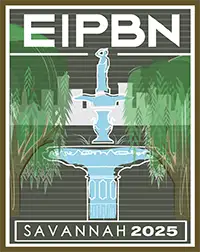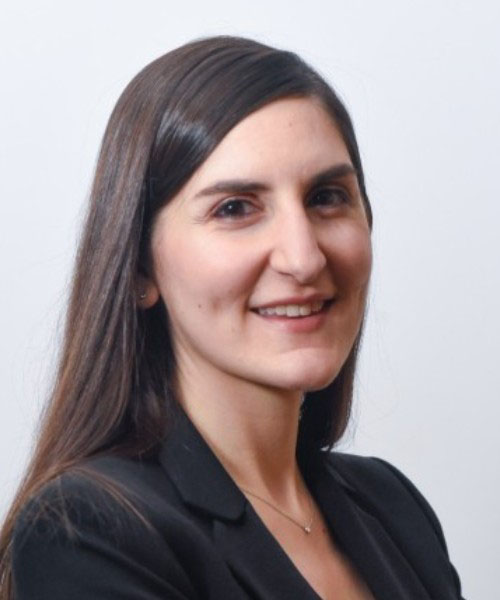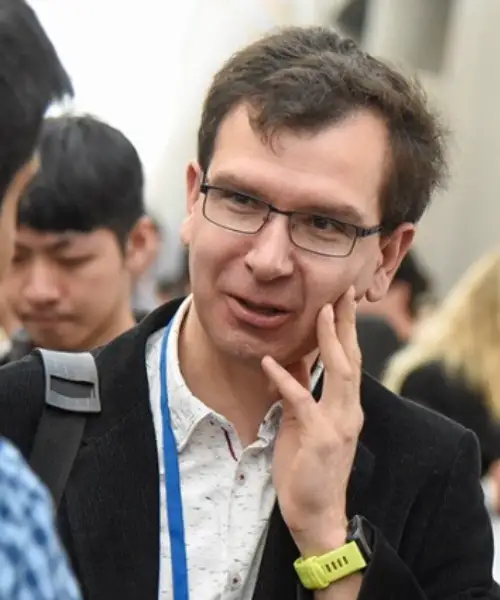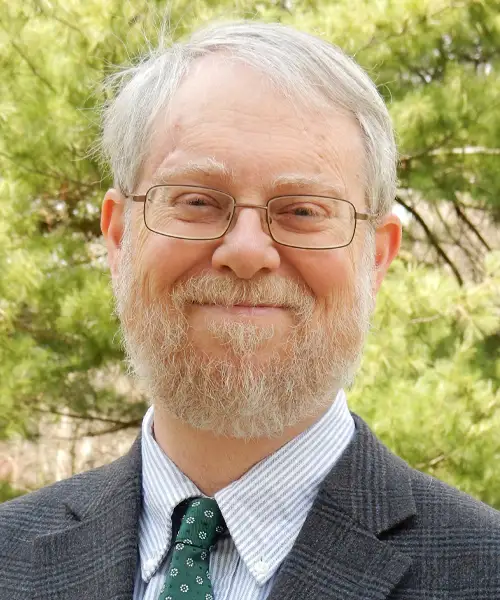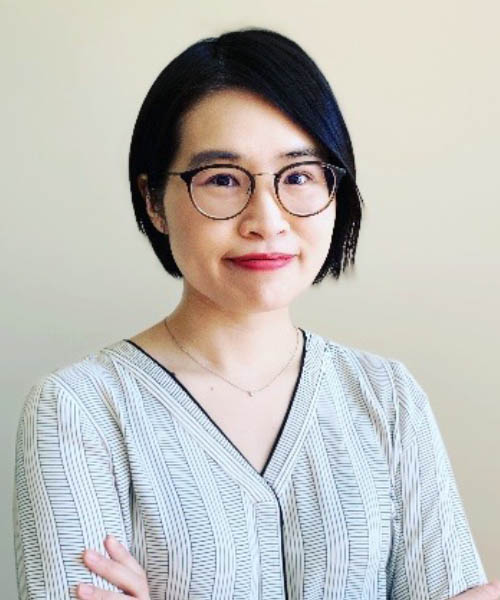Leopoldo Hernandez
Integrated Nano Computing Lab at The University of Texas at Austin
Harnessing Magnetic Material Nanotextures for AI
Nanoscale magnetic materials are powerful building blocks for AI computing systems, for energy storage and conversion as well as for in-memory computing. But, it is a challenge to create functional devices that leverage tuned magnetic material behavior while being back-end-of-the-line compatible. As high-performance computing demands continue to grow, efficient on-chip power conversion becomes increasingly critical. AI workloads face the memory wall, requiring new in-memory computing architectures that can leverage magnetic memory devices. In this presentation, we highlight CoZrO as a promising candidate for next-generation on-chip power applications. Its unique nanostructure combines low coercivity with high saturation flux density, a favorable blend for magnetic core components in on-chip systems. We also present our recent efforts in fabricating nanoscale magnetic material based artificial neurons for neuromorphic computing crossbar arrays. We show that the domain wall-based neurons can operate with high reliability over many cycles, and have spontaneous leaking due to shape anisotropy. Together, these advances showcase the convergence of novel materials and device engineering in shaping the future of AI hardware.
About Leopoldo Hernandez
Leopoldo Hernandez is a postdoctoral researcher in the Integrated Nano Computing Lab at The University of Texas at Austin under the direction of Professor Jean Anne Incorvia. His research focuses on the electrical control of magnetic dynamics in nanoscale spintronic devices for advanced computing applications. The electrical control mechanisms being investigated are using piezoelectric substrates for strain actuation, ion-migration via electrolyte gating to modify the exchange landscape, and voltage controlled magnetic anisotropy. Leo received a B.S. in Physics from The University of Texas at San Antonio in 2017, and a Ph.D. in Physics from The University of Denver in 2024. His doctoral work involved the characterization of spin and charge transport in ferrimagnetic and disordered magnetic thin films, resulting in the demonstration of a temperature-controlled memory element using synthetic bilayer ferrimagnetic CoGd. Leo’s current research is motivated by the demand for faster and denser compute operations. He is working on developing efficient electrical control of magnetic material nanotextures to be applied in probabilistic and in memory compute.

